With rich mining resources and ocean natual resources, North China vigorously carries out the research and development and production of inorganic mineral salts industry and basic chemical industry. As one of the most reliable wholesale chemical suppliers, our company has established stable and reliable distribution and agent relationship with leading enterprises from Inner Mongolia, Shandong, Tianjin, Shanxi and other chemical production areas.
Jinzhou North Industries Co.,Ltd. can provide three types of inorganic salts products: chloride, carbonate and silicate.
North Industries provide high quality Chlorides includes: anhydrous magnesium chloride, magnesium chloride hexahydrate, calcium chloride, potassium chloride, sodium chloride, etc.
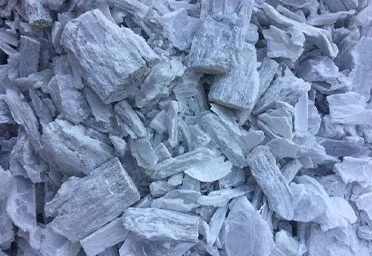
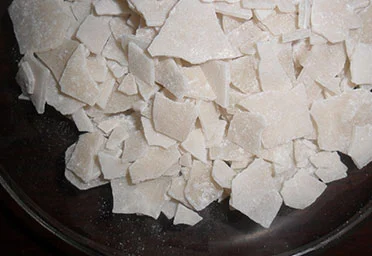
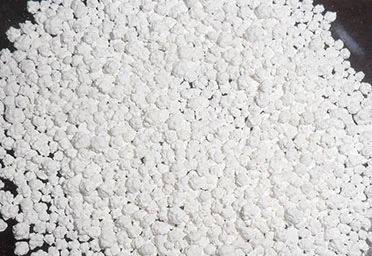
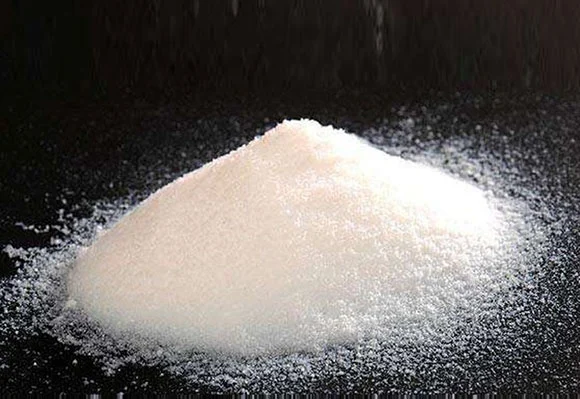
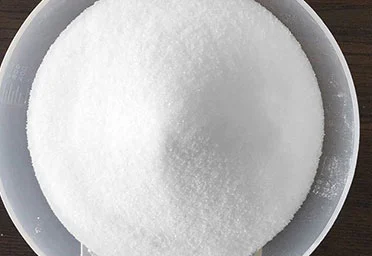
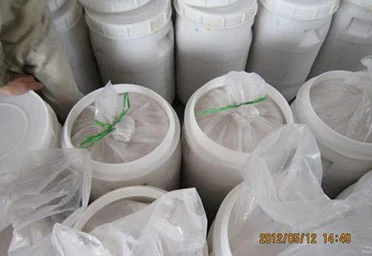
The Carbonates from North Industries include: sodium carbonate, sodium bicarbonate and so on.
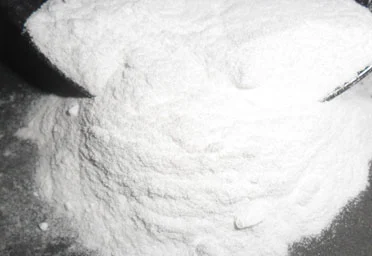
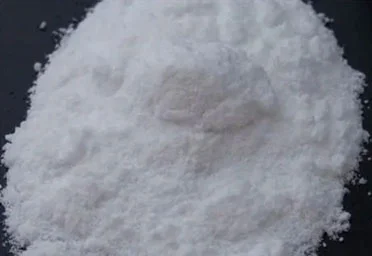
As one of leading wholesale chemical suppliers, North Industries offers a range of silicates, including zirconium silicate. etc.


The application range of inorganic salt industrial products is very wide.
Used in agriculture as trace element fertilizer, herbicide, insecticide, fungicide;
Used in the textile industry as bleach, sizing agent, quality improver, fungicide;
Used in the chemical industry as catalyst, auxiliary, filler, reinforcing agent, medicine, chemical reagents, coatings, anti-corrosion materials;
Used as additive, deoxidizer, rust inhibitor and flux in metallurgical industry;
Used as flocculant and corrosion inhibitor in water treatment;
Used in machinery industry as lubricant, surface treatment agent, carburizing agent, boronizing agent;
Used in the military industry as a signal bomb, radiation protection material, and some components of the device material;
Used as propellants, oxygen-producing agents and ablative materials in aerospace and Marine industries。
Magnesium chloride, also known as halogen tablets, salt halogen, is made from hydrochloromagnite or directly from salt mother liquor. Industrial magnesium chloride is used in chemical, building materials, metallurgy, machinery, transportation, medicine and agriculture and other industries; Dietary magnesium chloride is used as a stabilizer or coagulant in the production of bean products.
The difference between industrial magnesium chloride and edible magnesium chloride is as follows: First, the production process is different. Edible magnesium chloride is refined on the basis of industrial magnesium chloride production. Second, the product standards are different. In terms of the content of ''sulfate'', ''lead'', ''arsenic'' and ''ammonium'', the required content of dietary magnesium chloride is very low and more stringent than that of industrial magnesium chloride. Third, different uses. Edible magnesium chloride can be used as a food additive in the production of soy products, while industrial magnesium chloride can only be used in industrial fields, such as: for the production of other chemical products, as a raw material for the production of floor tiles, sanitary ware and snow melting agents and agricultural fertilizers.
Anhydrous magnesium chloride and magnesium chloride hexahydrate represent distinct forms of magnesium chloride with notable differences in water content and physical characteristics. Anhydrous magnesium chloride is a dry, crystalline solid that lacks water molecules in its structure. In contrast, magnesium chloride hexahydrate exists in a hydrated state with six water molecules bound to each formula unit, forming a crystalline structure.
This difference in hydration significantly affects their properties and applications. Anhydrous magnesium chloride is commonly utilized in various industrial processes, while magnesium chloride hexahydrate is frequently employed for de-icing roads, controlling dust, and acting as a desiccant due to its ability to absorb moisture from the environment. The hexahydrate's stability is contingent on environmental conditions, as it may release water when heated or subjected to low humidity. Understanding these distinctions is essential for selecting the appropriate form based on intended uses and storage conditions.
Sodium chloride: also known as food salt, is the main source of sodium intake for humans.
Calcium carbonate: exists in nature in limestone, marble, chalk, coral, etc., is also one of the important components of the human body.
Copper sulfate: often used in metallurgy, printing and dyeing and pharmaceutical fields, can also be used as a fungicide, insecticide and herbicide.
Silver nitrate: Often used in the field of medicine, photography, stamps and dyeing, etc., can also be used as a fungicide.
Sodium hydroxide: white solid, often used to make soap, dissolve cellulose and soak peeling.
Aluminum hydroxide: white powder solid, widely used in the manufacture of ceramics, enamel, cement, preservatives and so on.
Magnesium sulfate: Manufacturing fertilizer, medicine, glass products and cosmetics.
Aluminum acetate: often used in dye preparation, the improvement of mineral lubricating oil and the manufacture of tannery acid.
Titanium dioxide: used in coatings, paper and plastic products, as well as in the manufacture of solar cells.
Iron sulfate: often used in the manufacture of batteries, iron salts, oxidants and reducing agents.
Jinzhou North Industries Co.,Ltd. can provide three types of chemical products: chloride, carbonate and silicate
Chlorides include: anhydrous magnesium chloride, magnesium chloride hexahydrate, calcium chloride, potassium chloride, sodium chloride, etc.
Carbonates include: sodium carbonate, sodium bicarbonate and so on.
Silicates include: Zirconium silicate etc.
